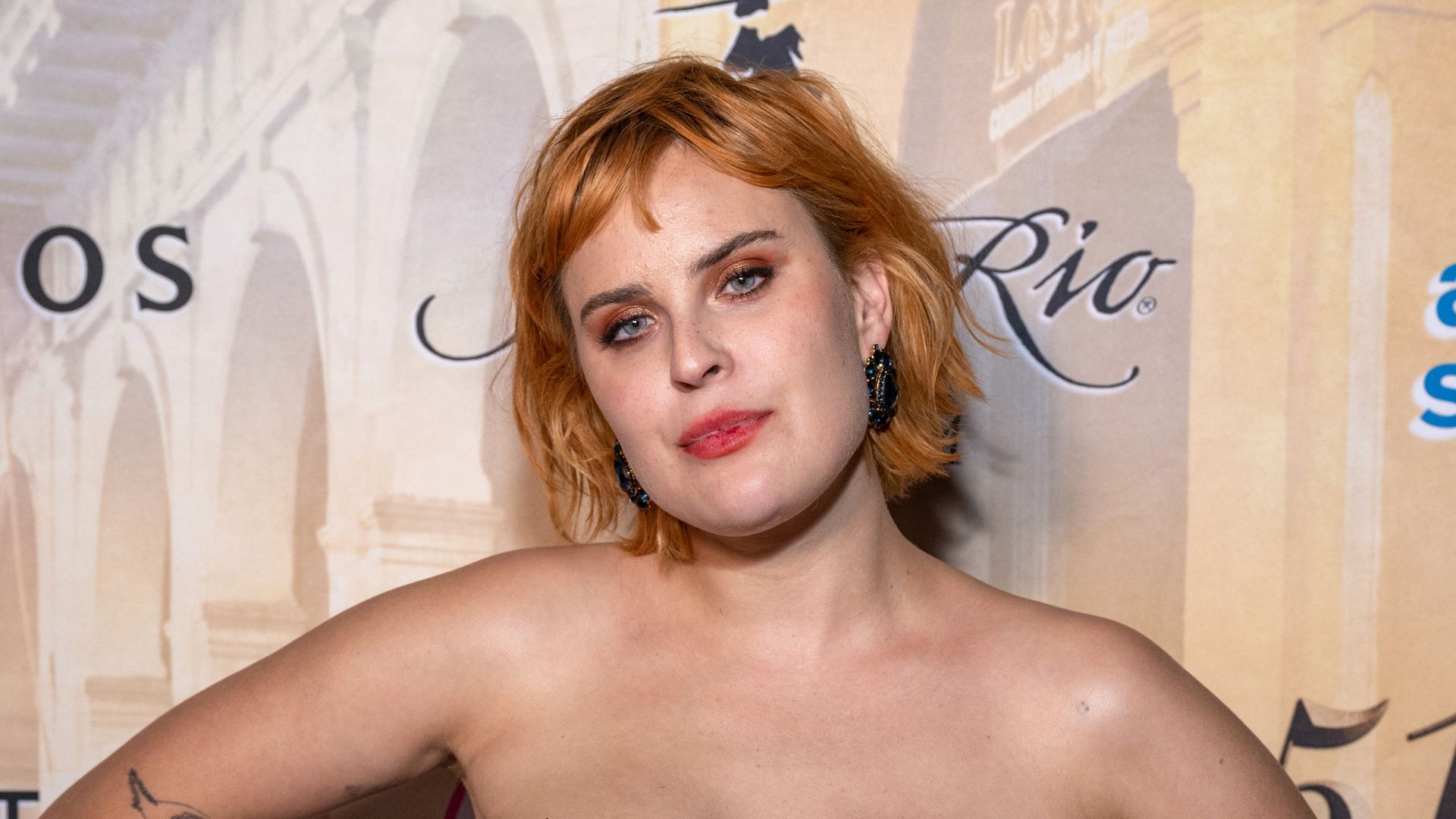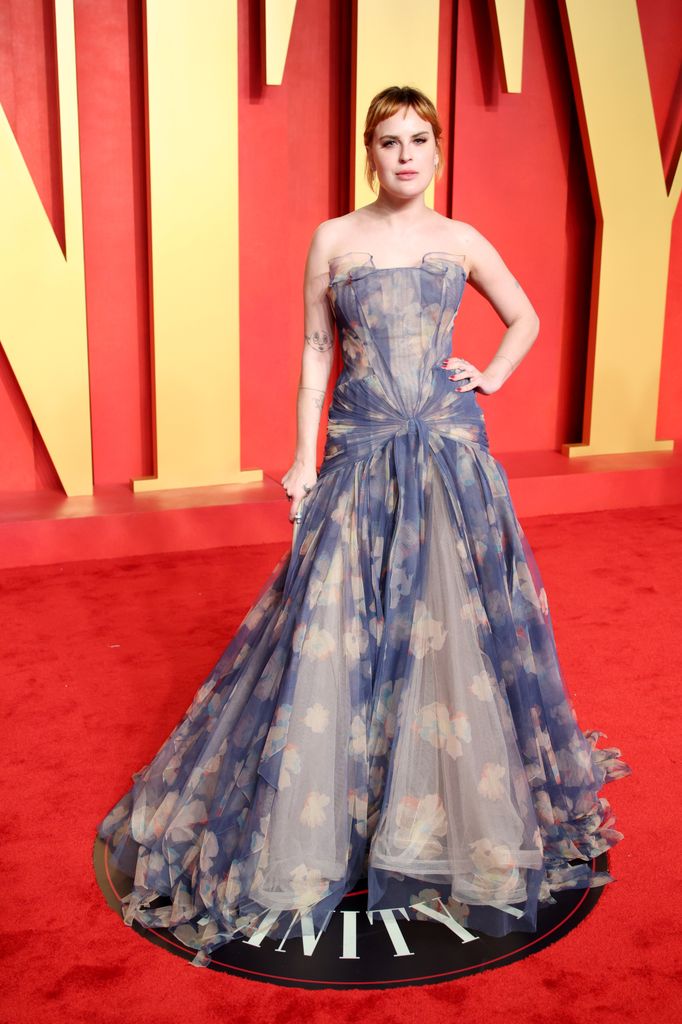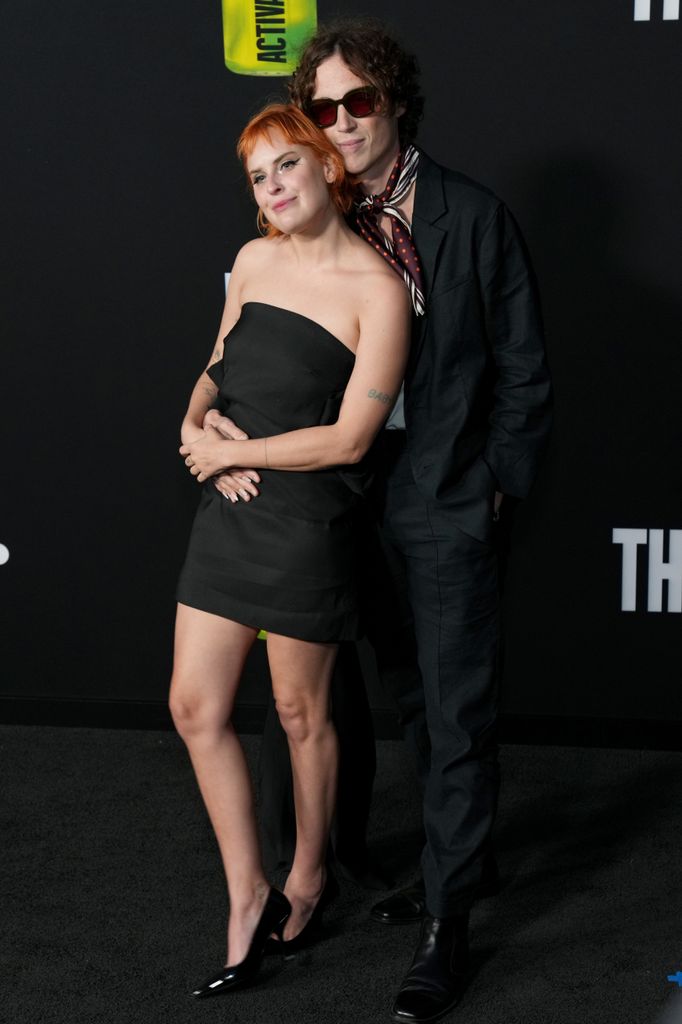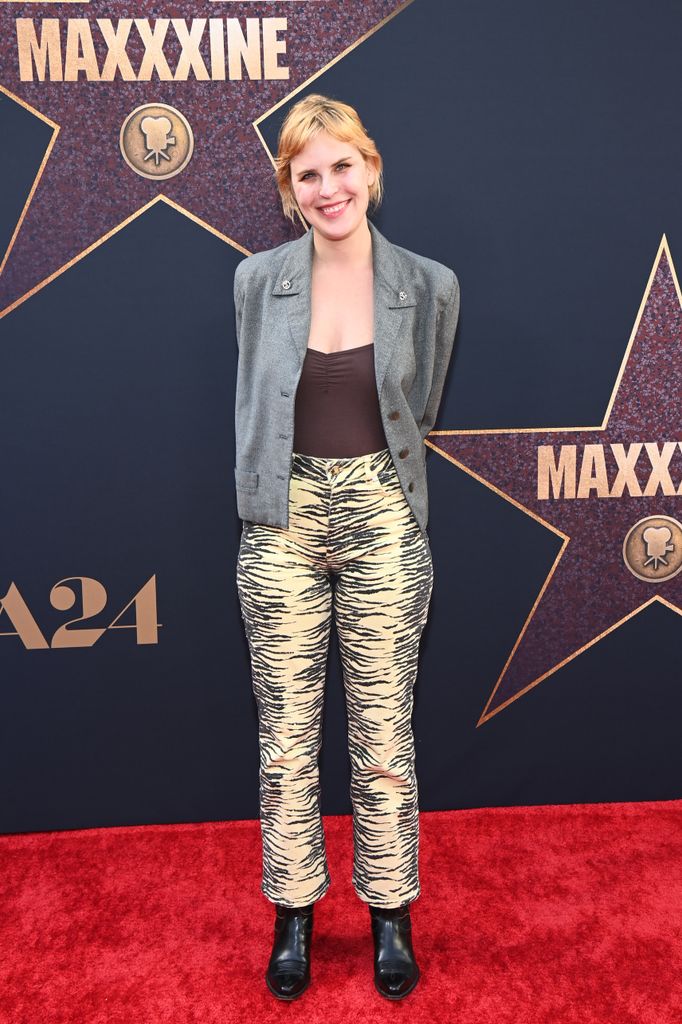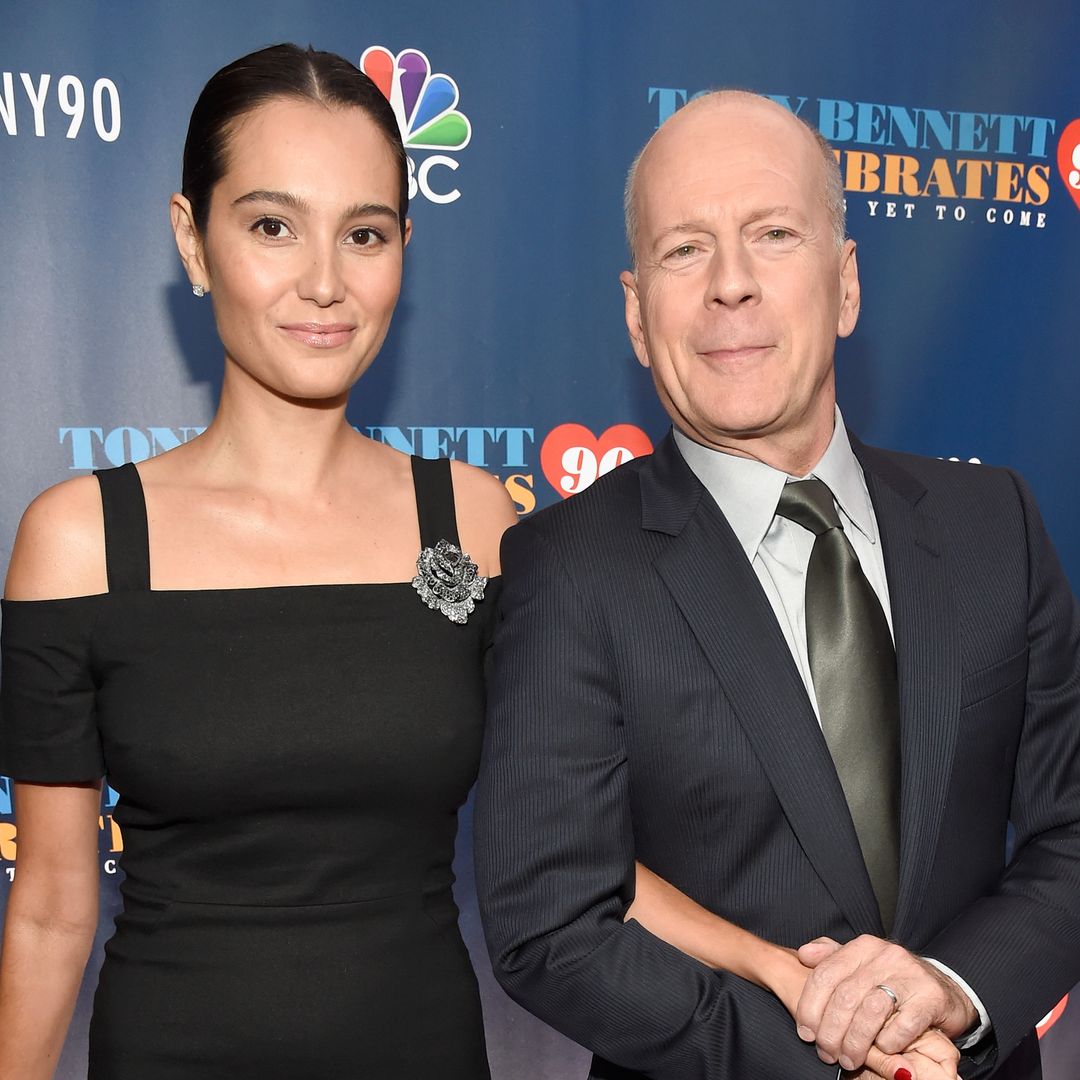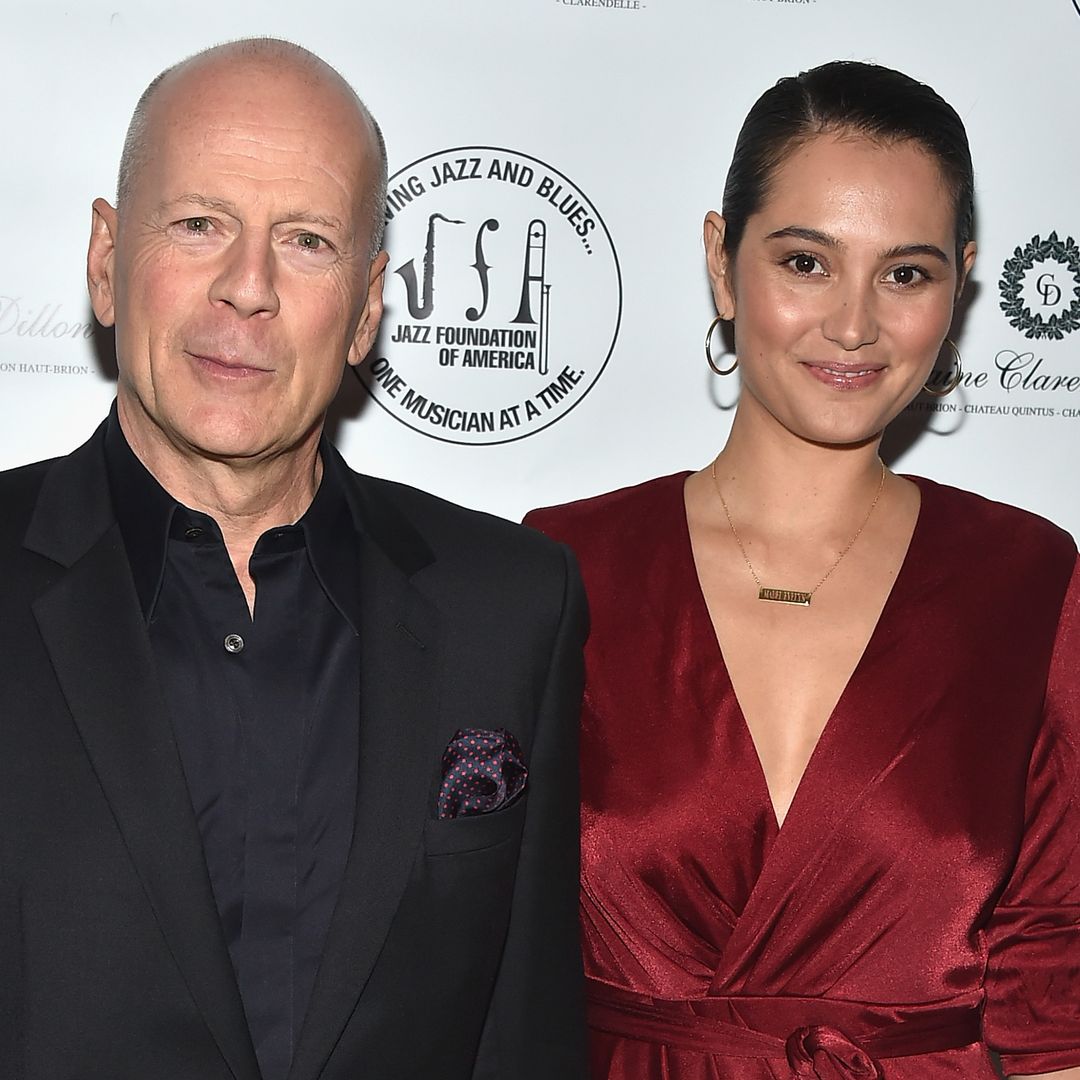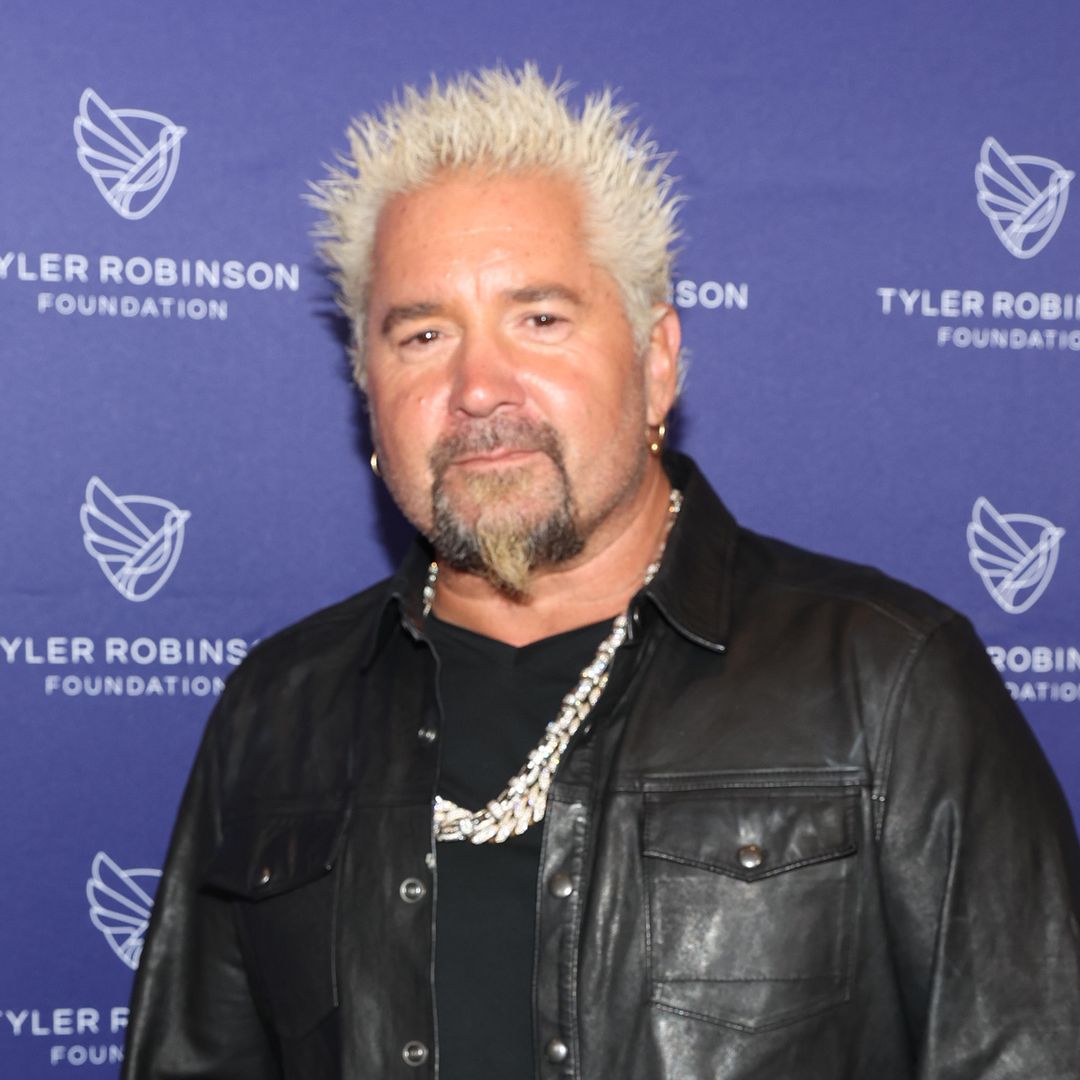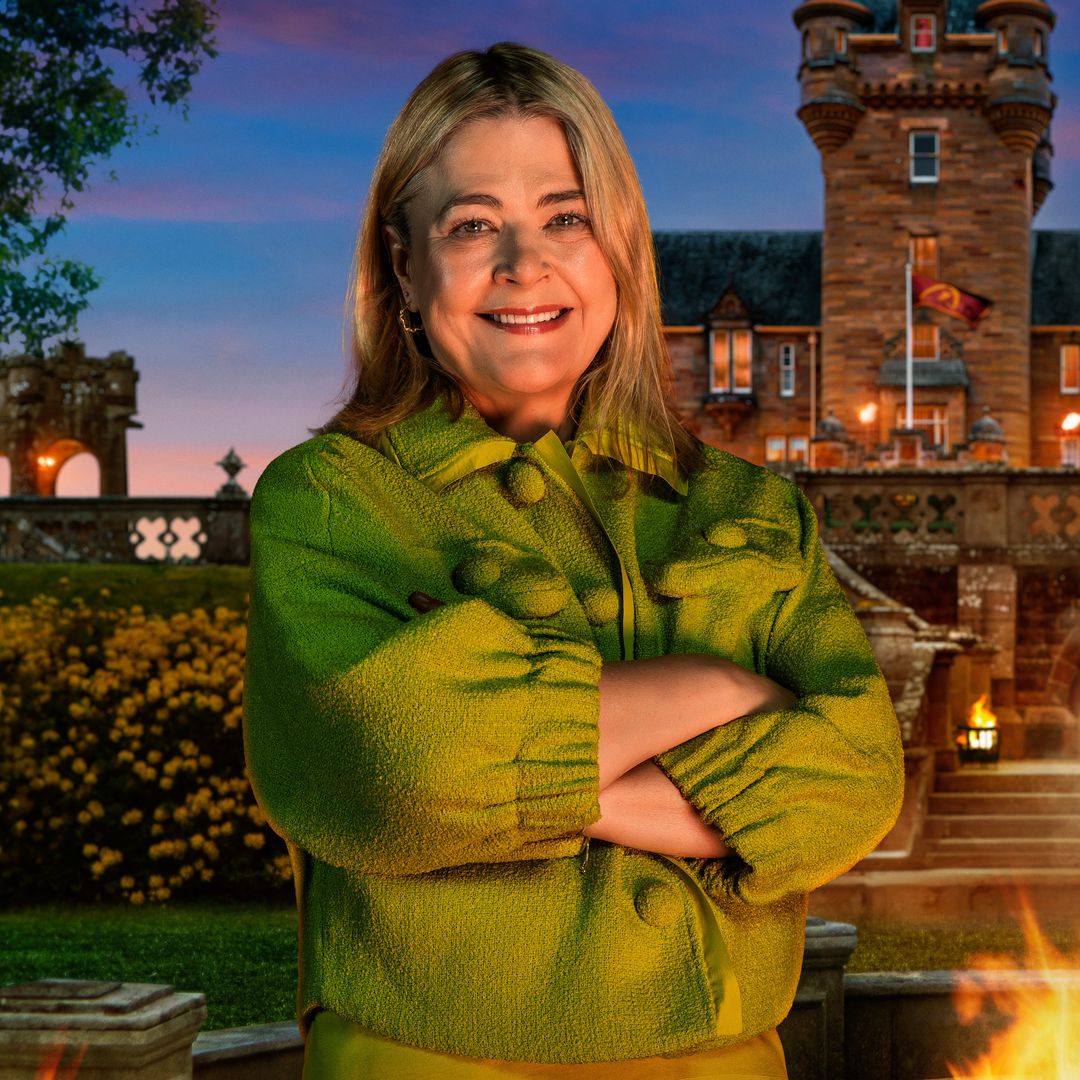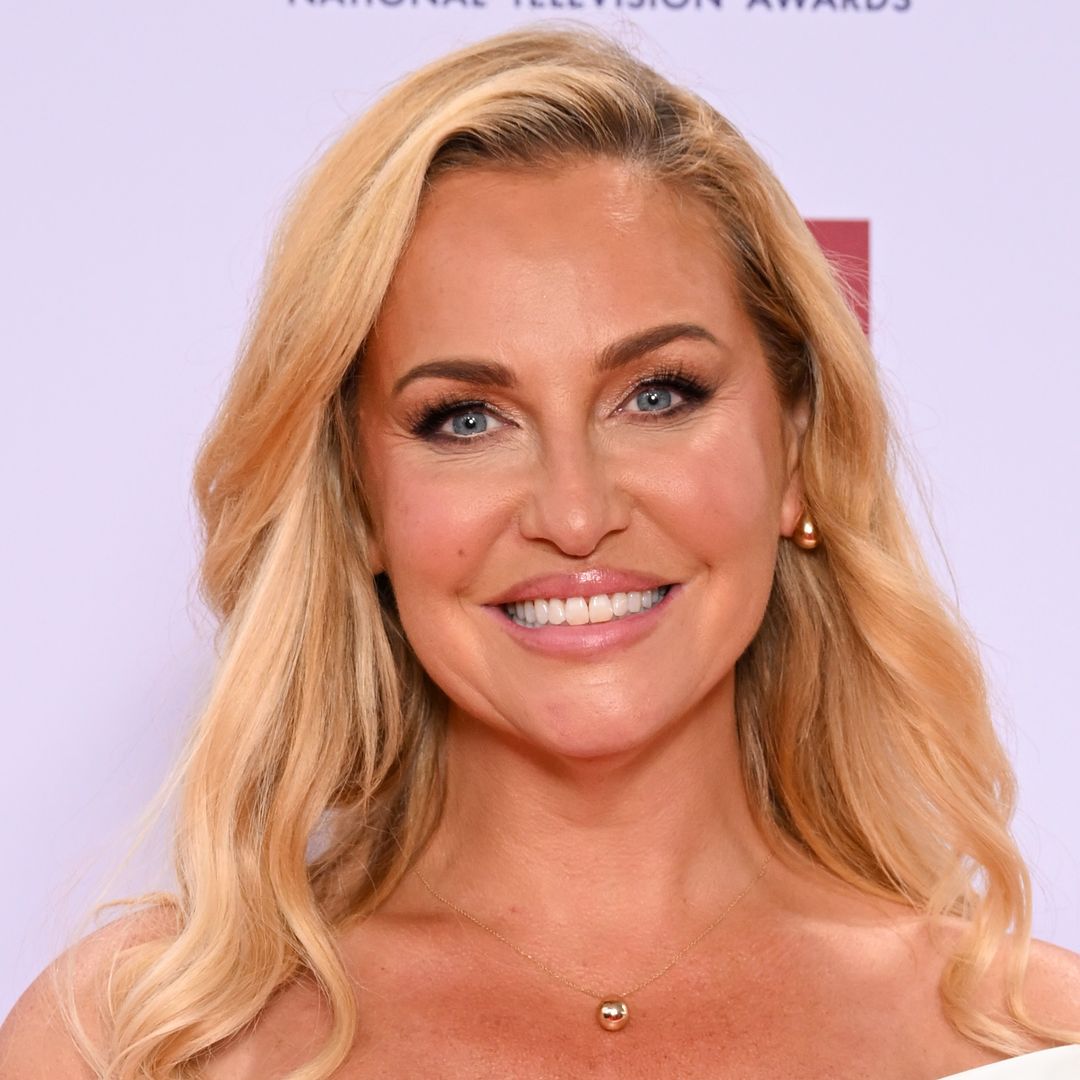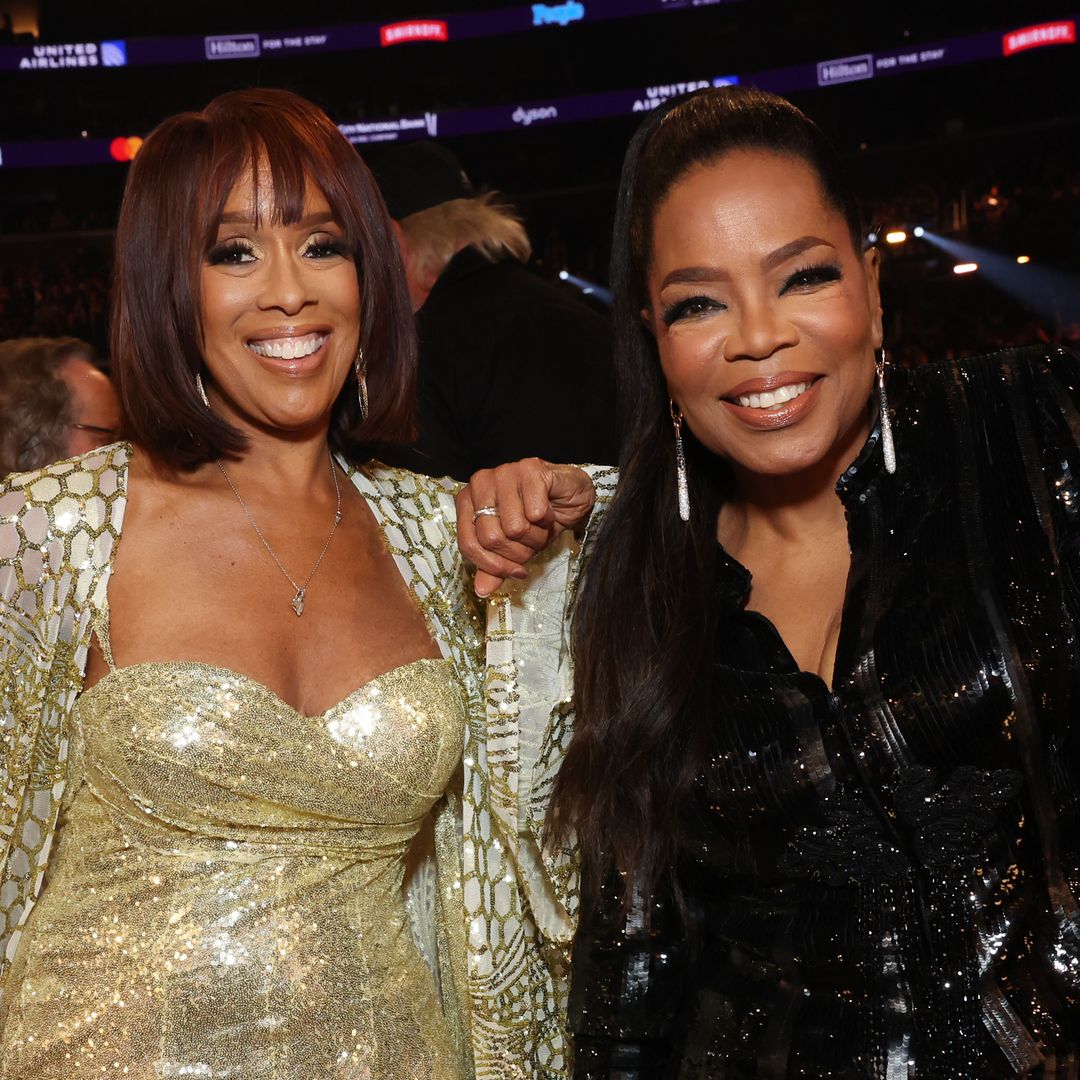Tallulah Willis has praised her family, including beloved sisters Rumer and Scout, for their unwavering support following her autism diagnosis. "They have encouraged me to ask for what I need in situations where I am more used to masking," she tells HELLO! "Them saying, 'Hey it's okay to take a beat and ask, 'Is this okay? What do I need at this moment? Am I overwhelmed?', opened up a space for me to speak up because there was a fear of being labeled or perceived as being high maintenance or difficult".
The 30-year-old designer was honored by Autism Speaks on Thursday October 24 at their annual gala in Hollywood, and the youngest daughter of Bruce Willis and Demi Moore spoke to HELLO! ahead of the special evening. She went public in March 2024, five months after her diagnosis, with a video of her as a young girl in her father's arms as she rubbed her hands over his head, an action known as "stimming". She captioned the post: "Tell me [you're] autistic without telling me [you're] autistic."
Tallulah says she chose that particular video because she "saw this little girl who was in such an overwhelming situation, acting one could say maybe bizarrely, but when I had all the information, I was what they call 'stimming'". She continued: "I was trying to regulate by grabbing on to my dad and what an obvious example that took me 30 years to catch."
The former actress, who has also been diagnosed with ADHD and battled an eating disorder in 2022, says that she always "had a feeling" that she may have autism, and that "the more that I had learned about it, the more it resonated but it wasn't something that I felt I could claim as my own".
She was already working with a therapist who connected her to a specialist for a three-day evaluation, and when Tallulah received her "hard copy document, the first line which said, 'You are level one autistic,'" she says that it still didn't feel real.
"I thought someone would take it away, or invalidate it and tell me that I was wrong, that I was lying and that actually this wasn't true," she says.
According to UCLA Health, it is a common occurrence for autism to go undiagnosed in women well into adulthood; as with many medical studies and beyond, most autism research relied on male participants and their experiences, leading experts to consider it largely a "male" condition for decades.
But for Tallulah, "autism runs into and is a part of every part of my day in big ways and so there was this huge puzzle piece that was missing".
"It's really powerful to be able to have a vocabulary, to support myself and support my needs, whereas before I was in a lot of discomfort," she says.
Tallulah was selective with who she told in the first few weeks; her sisters, Rumer, 36, and 33-year-old Scout, were among those told, as well as boyfriend Justin Acee, whom she says was the one who ultimately encouraged her to get evaluated after a "very overwhelming" cross-country flight "to the point where it was really challenging to be in the seat".
"I had to give myself a little bit of grace first," she tells HELLO!
"I really believed these truths from the world that I was less than, lazy, not operating the right way. When I got my diagnosis, I thought, 'Am I allowed to let go of all that self-judgment?' And yes, I just needed a different toolkit, but it took me a minute. But there was definitely a joy in sharing."
For Tallulah, the biggest difference her diagnosis has given her is the opportunity to "have such love and acceptance and softness with myself".
"I can speak up for what I need or even know what I need. For example, I would have days where I thought that I was sick all the time but now I know that I need to be conscious of how I spend my energy. For the gala, knowing that it is going to be such a wonderful and buzzy exciting night I spent the last two days with very low impact activities so that I wasn't overcooked by tonight.
"The diagnosis gave me permission to not have to fight through things all the time and be super brave."
